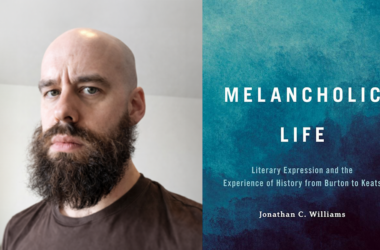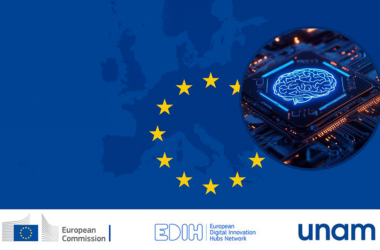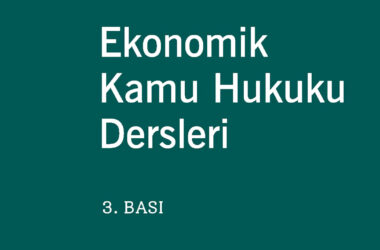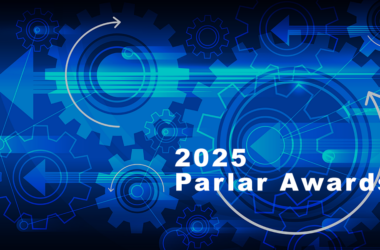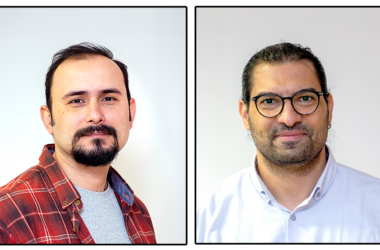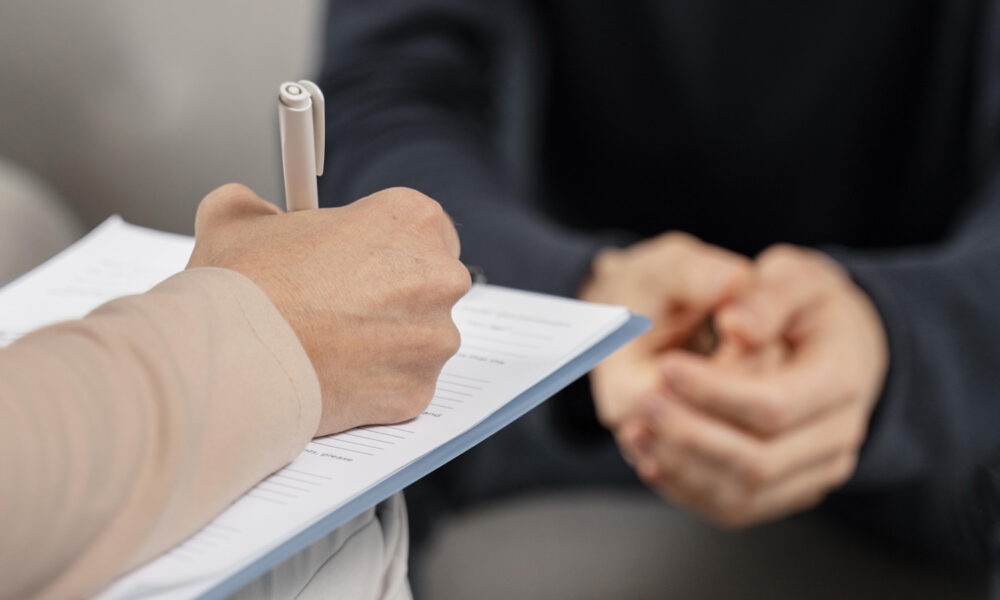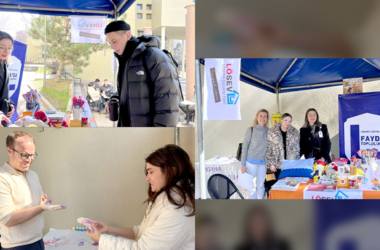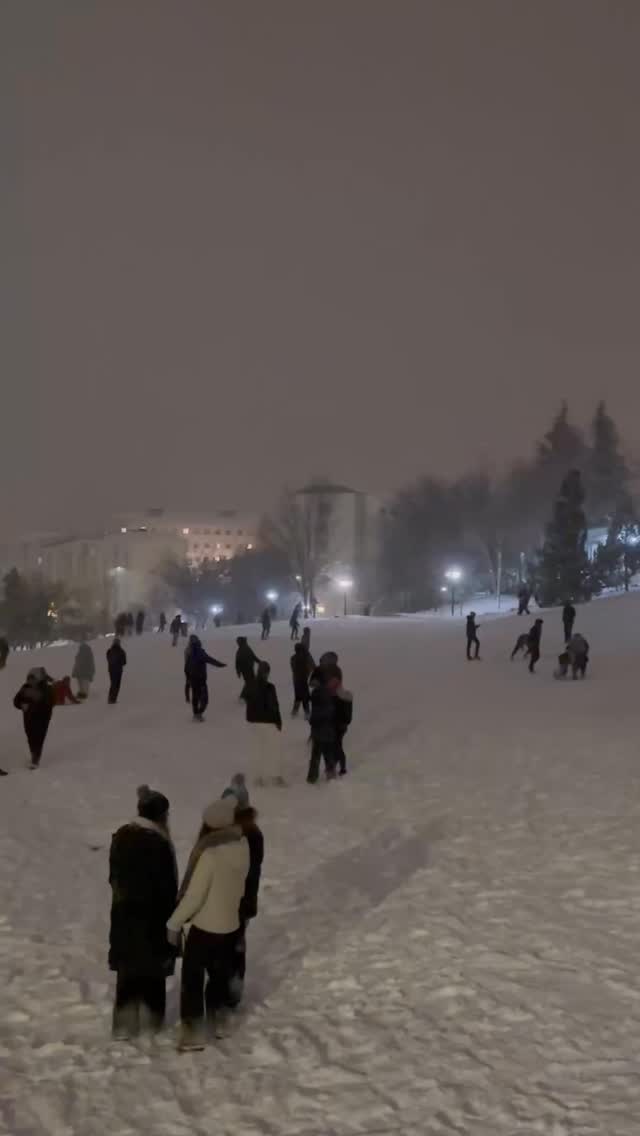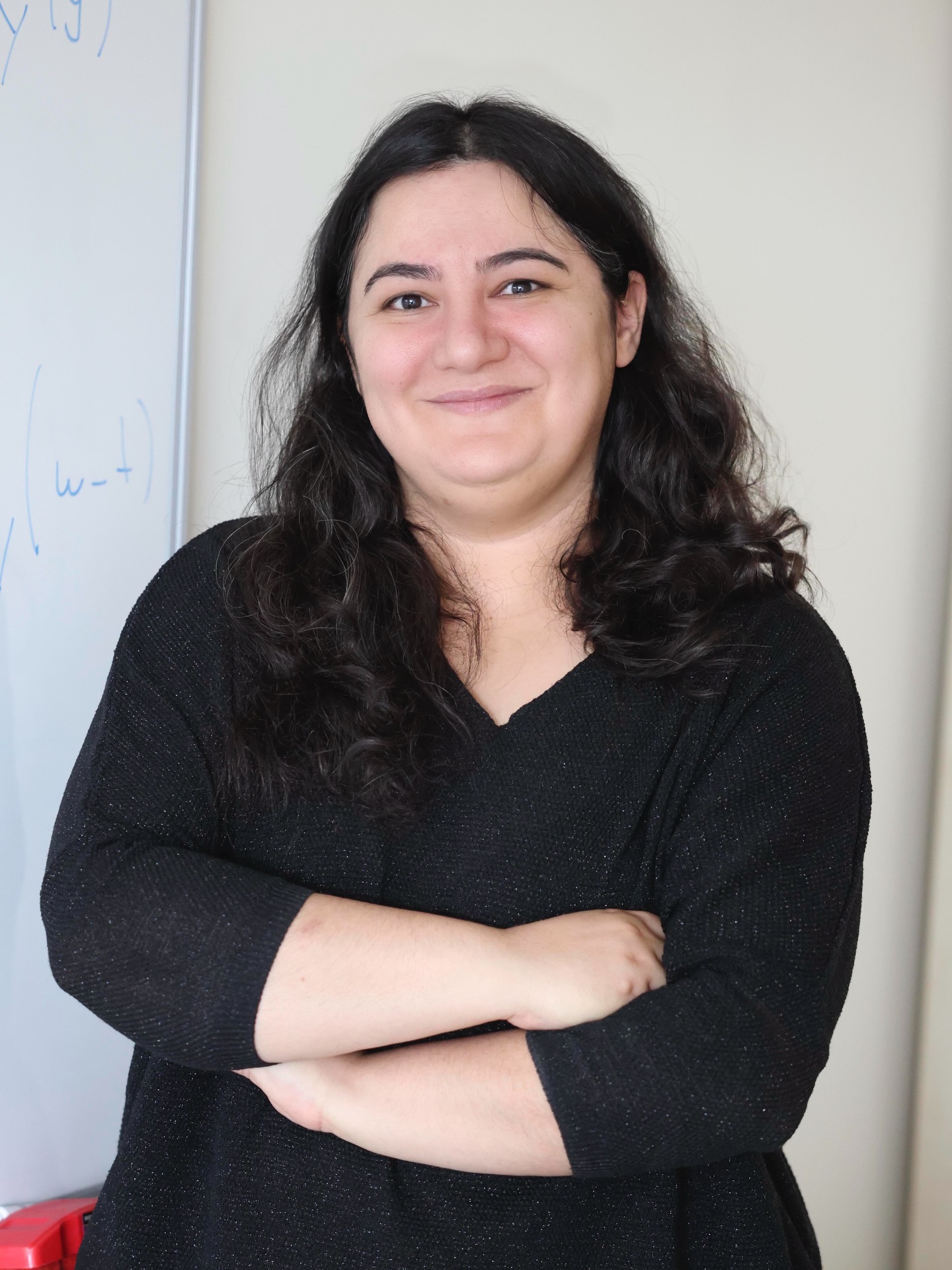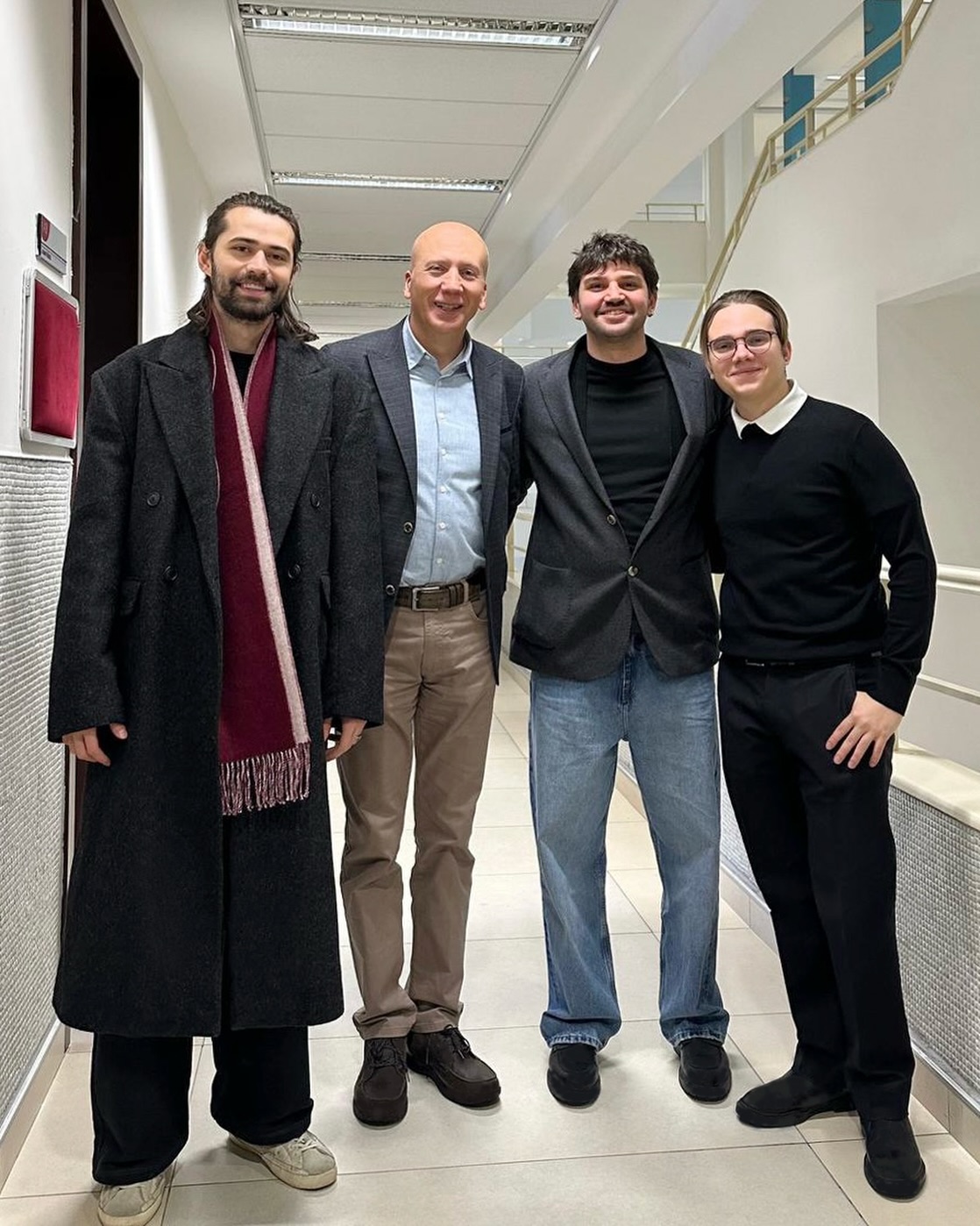We all are saddened in these difficult times. We extend our condolences for our losses. We would like to share some information about what we can all do during this period.
At the moment we are all affected by this challenging process and we will all react differently. These are normal reactions to an abnormal situation. In addition to experiencing the incident directly or having a relative experience it, volunteering, hearing news and watching media can also cause us to be affected by the situation.
Our reactions can include:
– anxiety, fear, panic
– guilt, helplessness
– physical symptoms, such as stomach problems, body aches, insomnia, fatigue
– irritability
– feeling like seeing images, hearing sounds, and experiencing smells of the earthquake
– the feeling that the earthquake is happening again
We may experience some or all of these reactions, or we may not experience any of them. Let’s not forget that being unresponsive to the event, not having a visible reaction or not feeling any obvious emotion is as normal as other reactions in this process.
What can we do for ourselves and our close ones in this situation?
We can be conscious about meeting personal needs such as sleep and nutrition. We can stay in touch with the people around us; conversing with others can be good for everyone. We can share our feelings and thoughts. If our friends are not ready to talk, we should give them time to process. Instead of directive phrases like “don’t cry,” “it’s over,” “fortunately you’re alive,” or “don’t think about it,” we can use sentences that hold emotion, such as, “I also feel bad from time to time. I’m glad you’re with me; we’re together.”
At this stage, we all want to look at social media and the news. To avoid being exposed to an uncontrolled mass of information, we can follow confirmed sources that we find reliable and comfortable. Avoiding uncensored images and videos is important to prevent indirect trauma. When it feels overwhelming, we can distance ourselves and think about turning off notifications for a while to avoid exposure.
Although we are not in the earthquake zone, volunteering at our school or city’s donation centers or even offering a cup of tea to volunteers is a valuable contribution. We can focus on what we do instead of what we cannot do.
In such situations, we may feel overstimulated or numb. We can try to engage in some activities to alleviate these symptoms, relax, and help people around us relax.
Sometimes we want to be alone, but it can be better to be with others. Inviting a friend for a walk is a great way to socialize.
Breathing and body exercises help us balance our nervous system. A good technique is consciously inhaling through our nose and then exhaling through our mouth for longer than we inhaled.
Working from our feet to our facial muscles, we can gradually tighten and relax all muscle groups. This allows us to feel the difference between tension and relaxation and, as a result, more relaxed overall. We can also engage in activities that may make us feel better like playing football or basketball, cycling or doing yoga.
We can consider following these suggestions, and we can help the people around us use them.
As the Psychological Counseling and Development Center, we would like to remind you that we are all together in this process. We don’t have to deal with this situation alone as it affects us all deeply. If you need psychological support, you can contact us at pdgm@bilkent.edu.tr.
